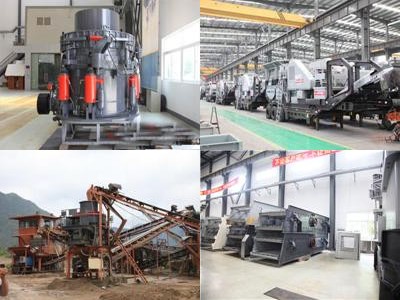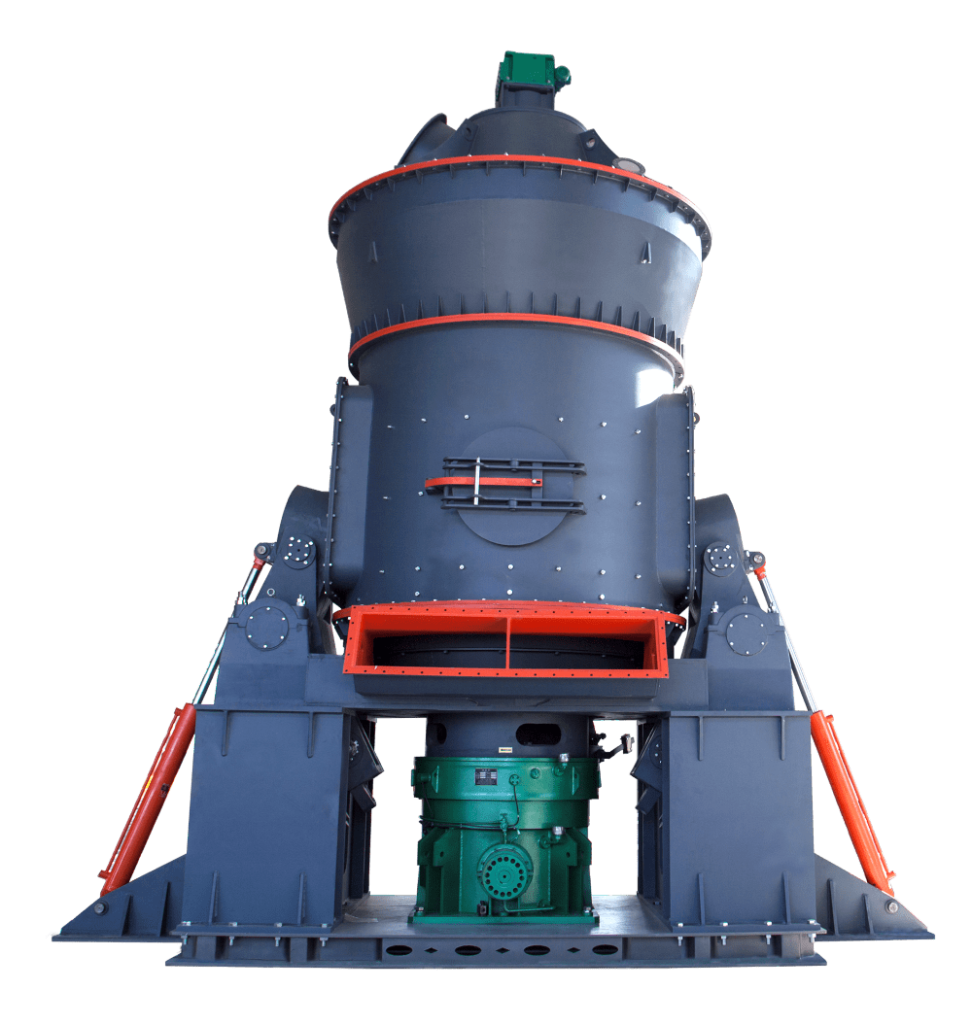Introduction
Dolomite rock, a versatile and abundant mineral, has long remained an enigma in the world of geology. Its unique composition and properties have intrigued scientists and researchers for centuries. However, recent advancements in technology and a deeper understanding of its chemical makeup have unveiled the true potential of dolomite rock. In this article, we will delve into the primary purpose of this powerhouse mineral, exploring its hidden potential and endless possibilities.
Unleashing the Hidden Potential: Exploring Dolomite Rock’s Primary Purpose
Dolomite rock, composed primarily of calcium magnesium carbonate, has found its way into numerous industries due to its exceptional properties. One of the primary purposes of dolomite rock lies in its role as a key ingredient in cement production. When combined with other materials, dolomite acts as a flux, reducing the melting point of the raw materials and facilitating the formation of clinker. This not only improves the efficiency of the cement-making process but also enhances the quality and durability of the final product. As a result, dolomite has become an indispensable component in the construction industry, where strong and long-lasting cement is essential.
Furthermore, dolomite rock also serves as a vital ingredient in the production of steel and iron. As a flux material, dolomite assists in the removal of impurities during the smelting process, improving the quality and strength of the final steel or iron product. Its high magnesium content acts as a desulfurizing agent, reducing sulfur and enhancing the overall purity of the metal. This makes dolomite rock an indispensable tool in the steel industry, ensuring the production of high-quality alloys and metals.
Harnessing Dolomite Rock’s Strength: Unveiling its Ultimate Powerhouse Potential
Aside from its role in cement and steel production, dolomite rock possesses a range of other applications. Its exceptional hardness and resistance to weathering make it an ideal material for road construction. By blending dolomite rock with other aggregates, such as gravel and sand, the resulting mixture creates a durable and long-lasting road surface. Additionally, dolomite rock’s high magnesium content also makes it a valuable nutrient for agricultural purposes. When added to soil, dolomite rock helps to neutralize acidity and replenish essential minerals, promoting healthy plant growth.
Moreover, dolomite rock’s ability to withstand high temperatures and pressure has led to its use in the production of refractory bricks and ceramics. These materials are vital in industries such as glass manufacturing, where they are utilized to line furnaces and kilns, providing insulation and preventing heat loss. Dolomite rock’s resilience and durability ensure the longevity and efficiency of these essential components.
Unlocking Endless Possibilities: Unraveling the Primary Purpose of Dolomite Rock
In conclusion, dolomite rock’s primary purpose stretches far beyond its geological origins. This powerhouse mineral has become an indispensable component in various industries, owing to its unique properties and versatility. From cement production to steel manufacturing, road construction to agriculture, and even in the production of refractory materials, dolomite rock plays a crucial role in unlocking endless possibilities. Its strength, durability, and ability to withstand extreme conditions make it an invaluable resource that continues to shape and redefine numerous sectors worldwide.
As a machinery manufacturing company, Zenith understands the significance of dolomite rock and its primary purpose in various industries. With our sales office in South Africa, we are well-positioned to cater to the growing demand for machinery and equipment required to harness the potential of dolomite rock. Contact us today to explore how our products can assist you in unlocking the true power of this remarkable mineral.



